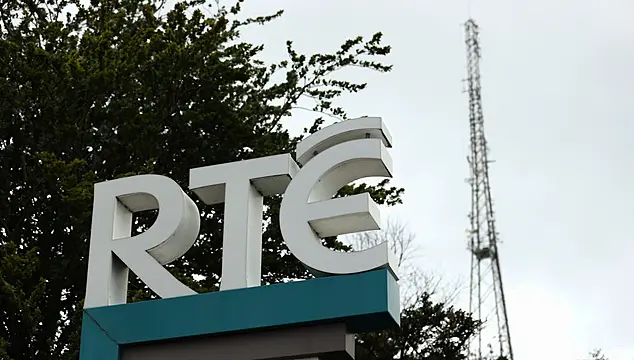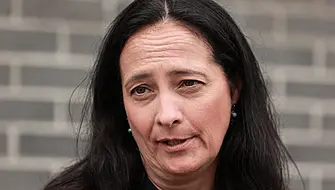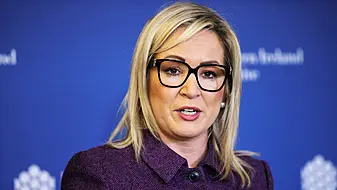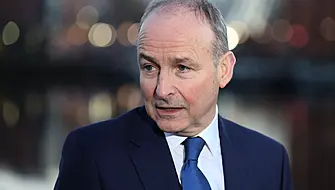RTÉ has said it is satisfied that the manner in which it grants discounts to commercial partners is "compliant with competition law" following allegations that the broadcaster gave 'kickbacks' totalling over €50 million to advertising agencies over the last 10 years.
The comments were in response to an article published by the Sunday Independent, in which an unnamed 'senior Irish media ad agency figure' detailed the alleged system in place at RTÉ regarding advertising payments.
It comes amid turmoil at the State broadcaster after it was revealed earlier this week that former Late Late Show presenter Ryan Tubridy received hundreds of thousands of euro in undisclosed payments from RTÉ under a commercial deal separate to his remunerations, while his previously published earnings were found to have been understated over a three-year period.
The article explained that advertising agencies act as the go-between for clients and media companies, receiving 'industry standard' commissions of 15 per cent for each project.
The piece also noted that RTÉ is the "biggest player" across television, radio and digital in the Irish advertising market, which the source estimated to be worth approximately €1.5 billion.
Mutually beneficial
In an effort to secure more work, the source said ad agencies will offer rebates to clients, giving them better deals than competitors by reducing the amount they take in commission.
However, to recoup the amount lost through the rebate, ad agencies enter into deals with media companies, not just RTÉ, whereby the media company will offer the ad agencies 'volume discounts' based on how much business they bring in. This discount is given to the ad agency by way of a credit note which the ad agency can then use to reduce their bill for future projects with the media company.
The situation thereby encourages the ad agency to buy more ad space with that particular media company in order to benefit from the volume discount, while the media company benefits from the increased business.
The source acknowledged this practice is "widespread across the industry", but is illegal in the US, where these types of payments are referred to as 'media kickbacks'.
They claimed the practice "goes to the heart of the RTÉ controversy", describing it as anticompetitive and lacking transparency, as well as potentially causing conflicts of interest for ad agencies.
In response to the allegations made in the article, a statement from RTÉ said the broadcaster's auditors reviewed commercial income during their annual audit and "no issues have been raised in relation to controls over volume discounts".
"RTÉ is satisfied that the manner in which it grants discounts is compliant with competition law," it added.
The broadcaster also sought to clarify a number of points raised in the article, including that RTÉ is obliged under the Broadcasting Act to "maximise the commercial opportunities that arise in pursuit of its public service activities".
RTÉ added that the total value of these volume discounts offered are not disclosed due to commercial sensitivity.
On Saturday, Minister for Culture and the Media Catherine Martin confirmed an external review into RTÉ's governance and culture will be carried out in light of the revelations concerning Mr Tubridy's pay.







